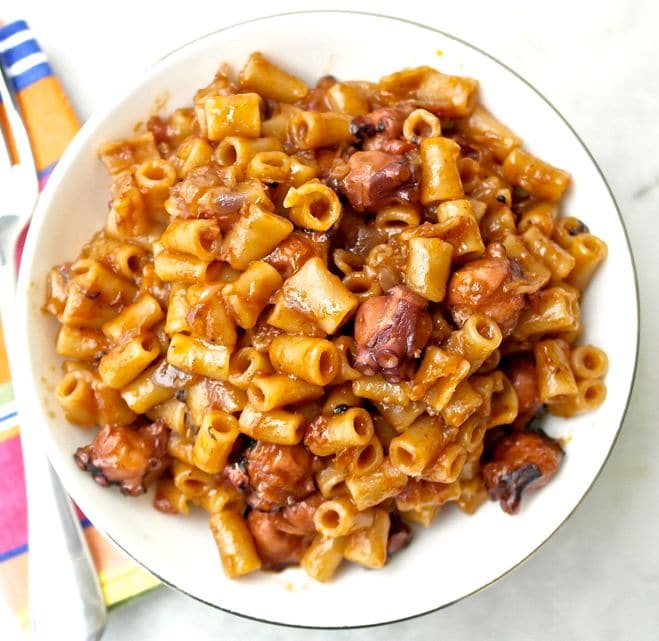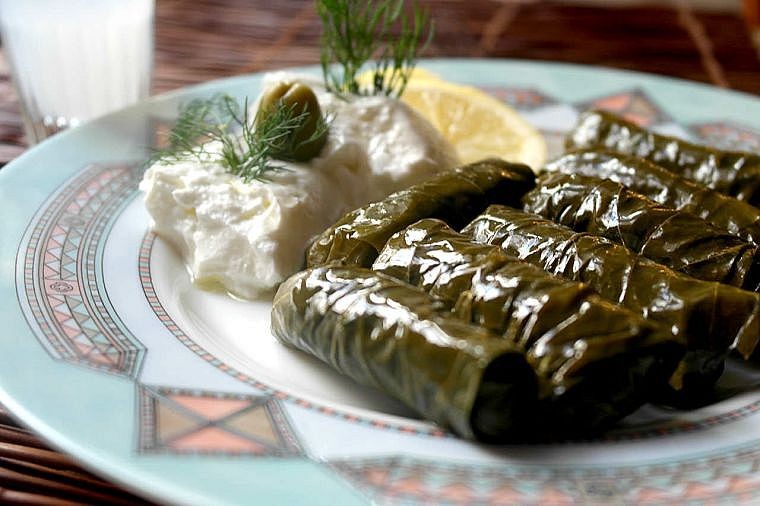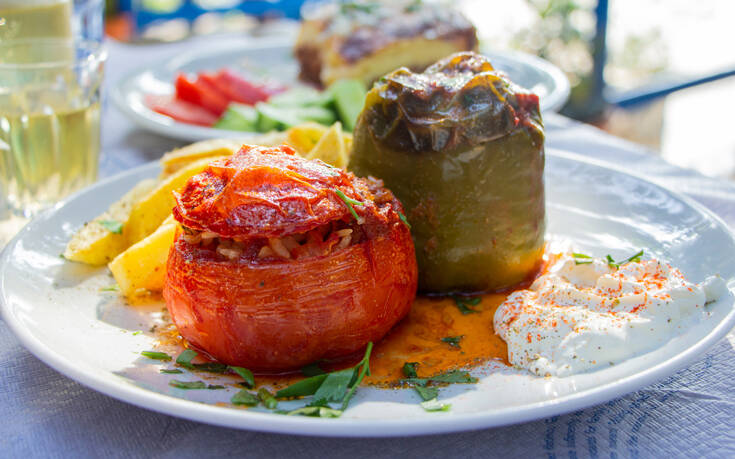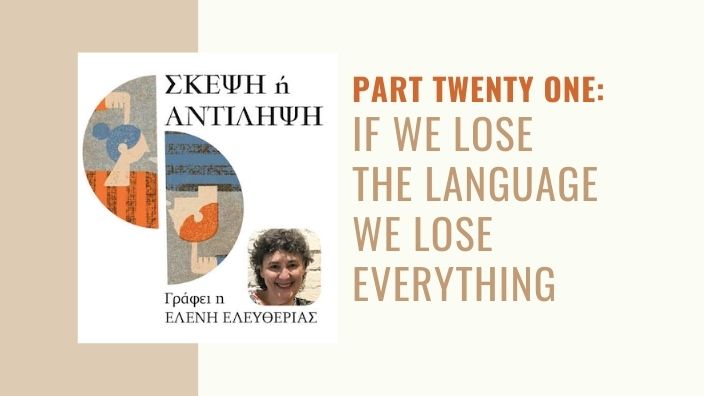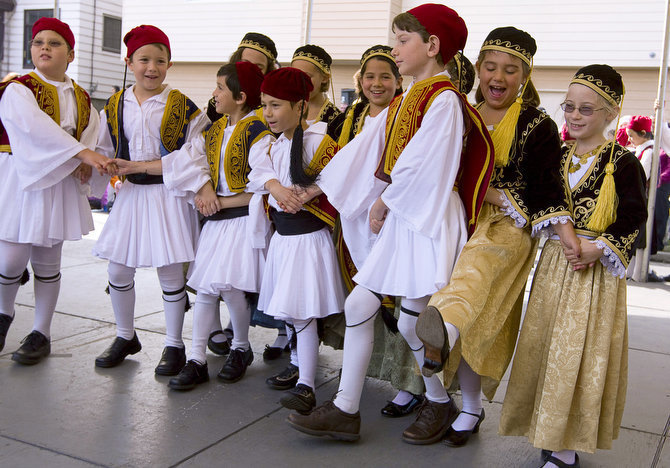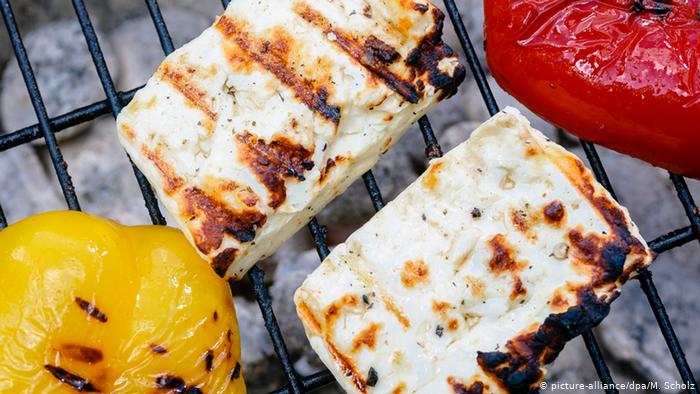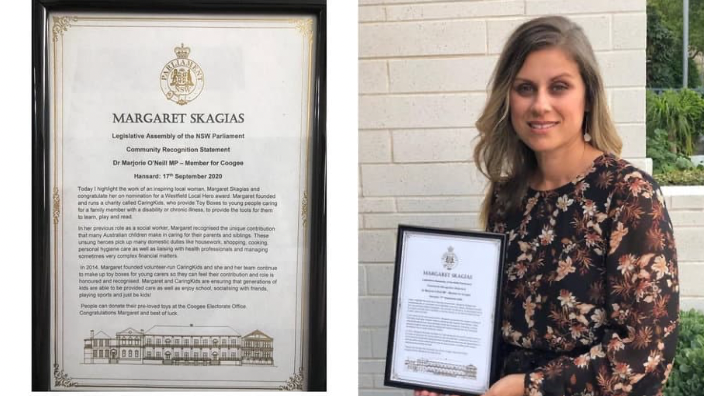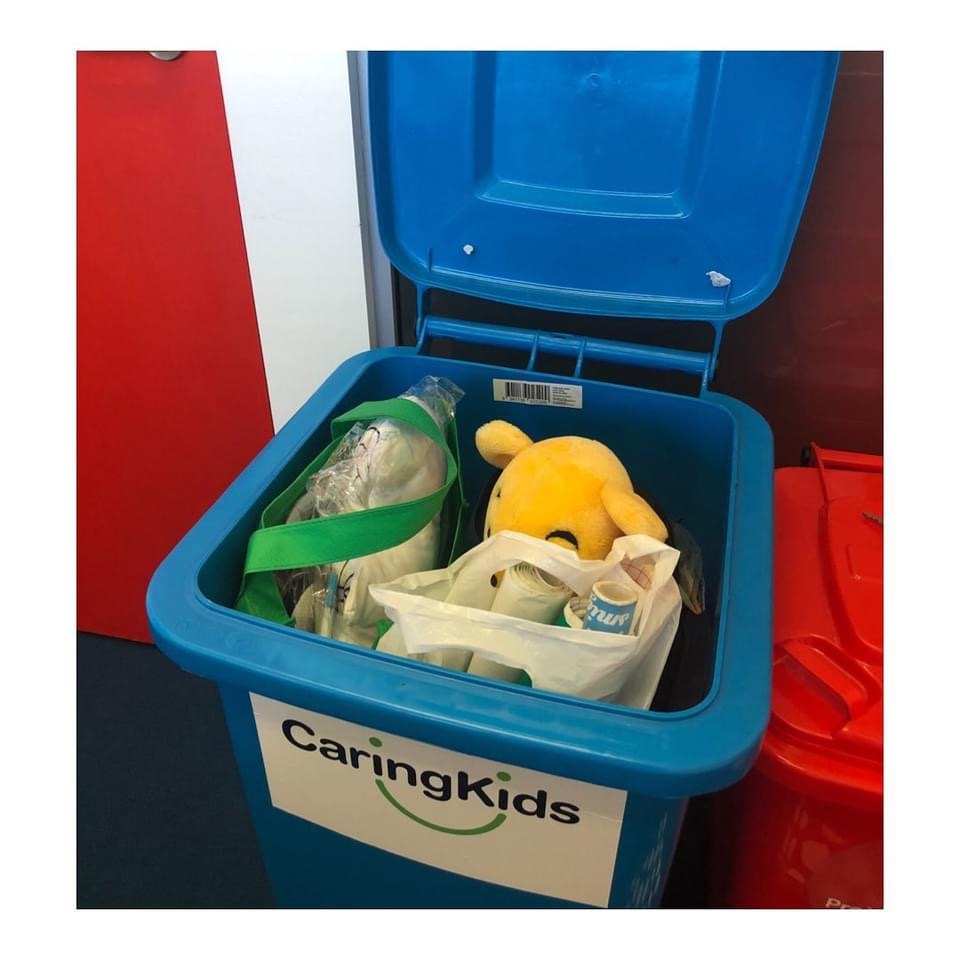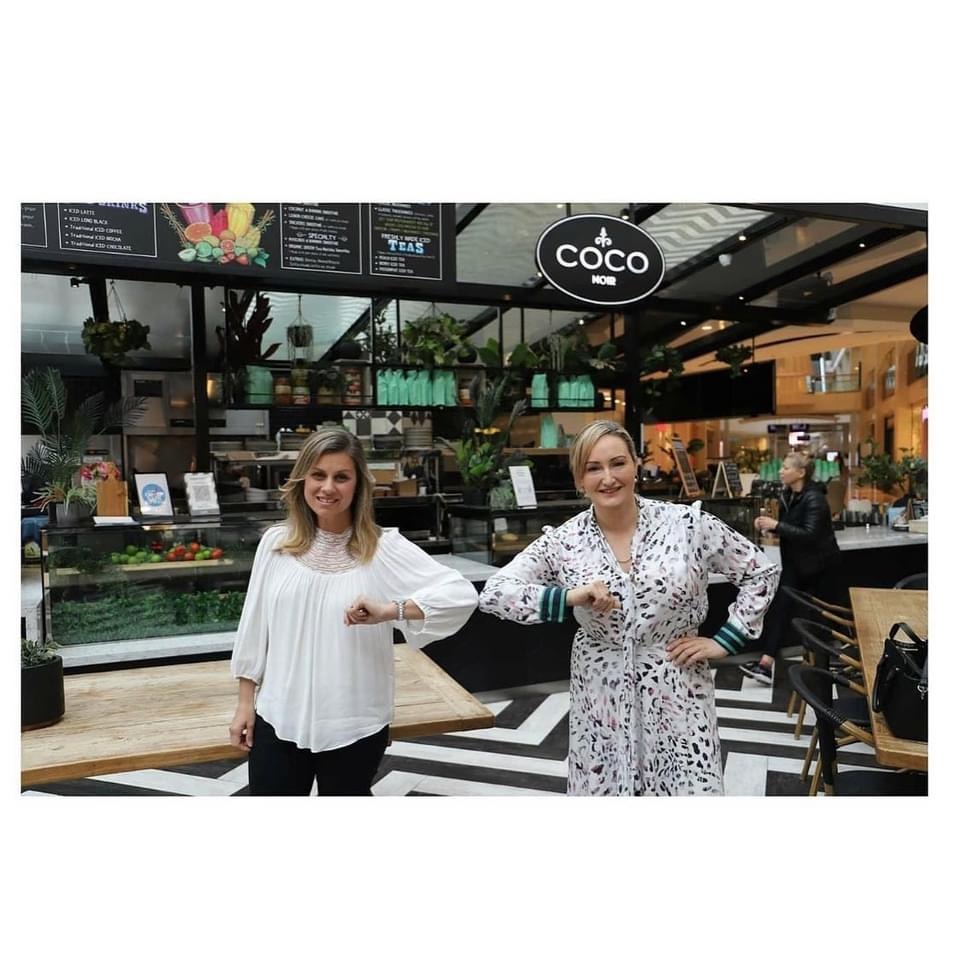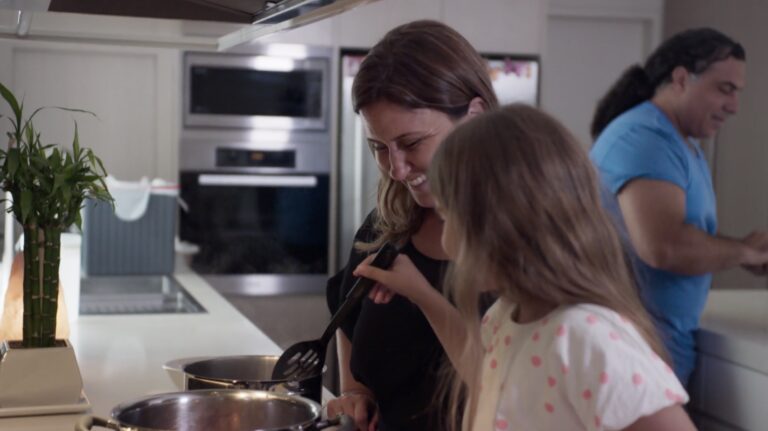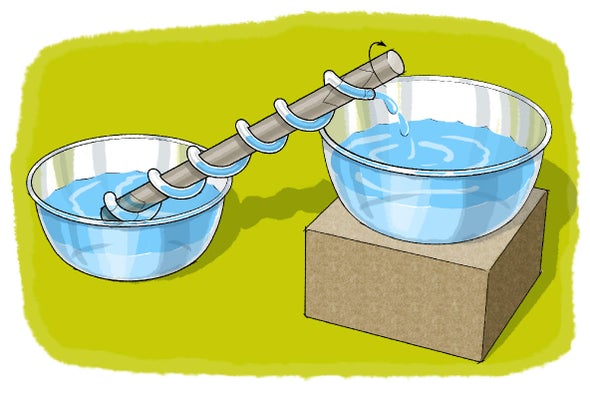While Greek Orthodox Christians don’t celebrate Easter until May 2 this year, it’s important to acknowledge the many cultures around the globe that celebrate Easter this weekend and over the coming weeks.
From parades in Mexico to an exploding cart in Florence, Italy, each country and region in the world celebrates the religious holiday in their own unique way. Here’s a look at some notable Easter traditions around the globe.
Florence, Italy
As mentioned briefly above, the Italian city of Florence celebrate Easter with a bang, quite literally. The 350-year-old Easter tradition consists of an ornate cart being packed with fireworks and led through the streets of the city by people in colourful 15th century costumes. The cart stops outside the Duomo where it is blessed by the Archbishop of Florence, who then lights a fuse during Easter mass that leads outside to the cart and sparks a lively fireworks display.
Mexico
Celebrated over the course of two weeks, the people of Mexico put on detailed reenactments of Holy Week. Mexicans have a tradition called the ‘Burning of the Judases’, in which people make giant Papier-mâché Judases and blow them up with fireworks. While these extravagant celebrations are quite common in the North-American region, Mexicans are also known to conduct quieter Easter commemorations, such as visiting 12 churches in 12 days.
Verges, Spain
You may have seen images of the ‘Dance of the Death’ and never known what it meant, or even that it is strongly linked with Easter. The tradition, however, is a representation of the life and crucifixion of Jesus Christ and is held on Good Friday every year. The Danza de la Muerte de Verges procession, as it is also called, takes place to the beat of drums and the participants wear skeleton outfits while carrying scythes, ashes and clocks.
Washington DC, USA
For over 130 years, the White House has hosted the Easter Egg Roll on its South Lawn, becoming an iconic family tradition during Easter. The event was started by President Rutherford B. Hayes in 1878, who issued an order that if any children should come to the White House to roll their Easter eggs, they would be allowed to do so. People may also remember this tradition from the popular Nicholas Cage film ‘National Treasure: Book of Secrets’.
Australia and the United Kingdom
Pancake Day, also known as Shrove Tuesday on the Easter calendar, has become a memorable tradition both in the United Kingdom and in Australia. It is the traditional feast day before the start of Lent on Ash Wednesday. Shrove Tuesday is the last opportunity to use up eggs and fats before embarking on the Lenten fast. So, during old English times, pancakes were made as the perfect way of using up each of these ingredients.
Sourced By: Women’s Day


